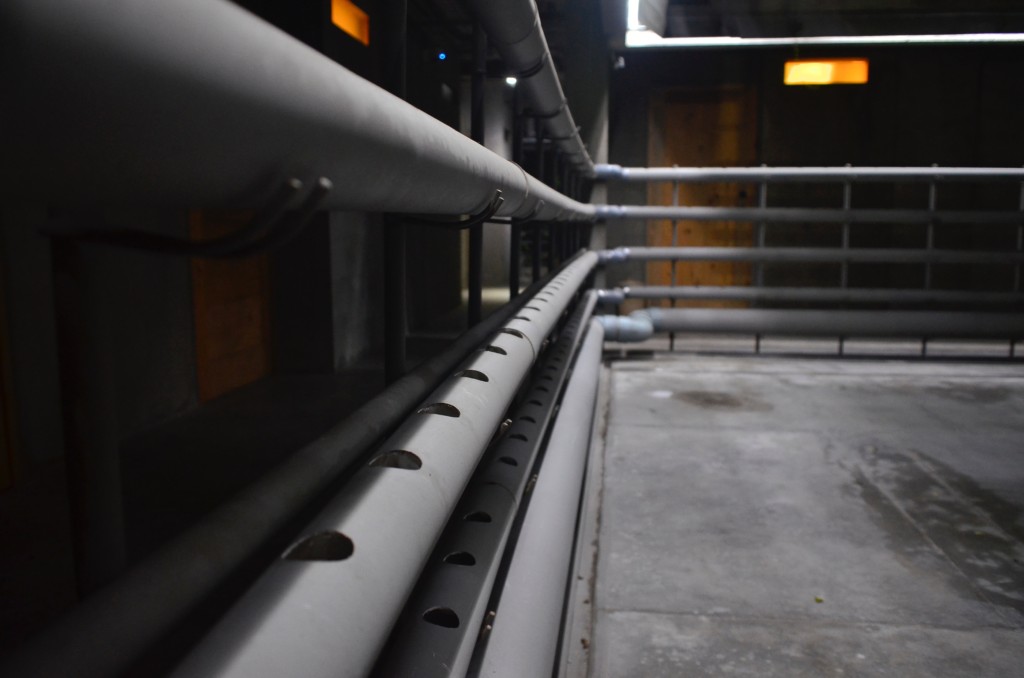How SCADA is Helping the Oil & Gas Industry

Every industry faces unique challenges — financial and logistical — that require appropriate solutions. In the oil and gas industry, those challenges also include environmental considerations. Navigating these challenges with efficiency and certainty is the difference between failure and prosperity.
Due to the extreme competition in the oil and gas industry, it’s crucial that decision-makers have access to timely information. With such a small margin for error, even the slightest oversites can be costly, even detrimental. When it comes to monitoring production, distribution, and equipment health, nothing beats the ease and efficiency of a cloud-based SCADA solution.
Major Problems Facing the Oil & Gas Industry
The following are three of the biggest hurdles faced by oil and gas companies and how implementing a proper SCADA solution can help address these concerns.
Cost Reduction
Refining and distributing oil and gas is expensive. It requires sophisticated machinery and a knowledgeable workforce. For oil and gas companies to remain competitive, they have to run an efficient operation that minimizes waste while maximizing the lifespan of the equipment.
Implementing a cloud-based SCADA System enables operators to monitor data that is vital to production and distribution. Optimizing production system is a major priority when it comes to a company’s profit margin — SCADA applications provide needed solutions by facilitating efficiency, minimizing waste, and monitoring equipment health.
Improved Performance
Sustaining the longevity and efficiency of the production process demands that equipment and performance be closely monitored. Effectively optimizing performance requires a watchful eye during each step of the supply chain. This will reduce waste, minimize inefficiencies, and ensure that equipment is properly maintained.
SCADA software enables operators to easily monitor gas well production and pipeline efficiencies. Additionally, automatic alerts send notifications when any hiccups occur along the way. Improved performance allows oil and gas companies to maintain a competitive edge through the maximization of processes and resources.
Environmental Safety
Oil and gas leaks are a public safety hazard and an environmental liability. Spills and leaks are not only costly, but harmful to the environment. In order to ensure the longevity of business interests, oil and gas companies must maintain strict environmental standards for production and distribution.
One of the advantages of having an effective SCADA monitoring system is the immediacy of alarm notifications. Auto dialer systems lack sophistication and speed. When a problem occurs, the sooner a solution is deployed the better. With SCADA alerts, operators can be informed of malfunctions immediately via a mobile device. This allows them to deploy the appropriate solution expediently. Oil and gas SCADA helps operators to maintain environmental safety standards.
SCADA Application for the Oil & Gas Industry
High Tide Technologies provides custom monitoring solutions that are designed to meet the needs of the oil & gas industry. Our hand-built telemetry units seamlessly integrate with our software, enabling operators to remotely monitor the following data:
- Gas well production
- Pipeline flow
- Distribution system pressures
- Odor injection status
This improves efficiency and reduces waste every step of the way. Our customers can easily identify production problems in oil fields, or be alerted to pressure drops in the distribution system. Our new and improved SCADA application enables operators to access information from any Internet-connected desktop, tablet, or mobile device.
We understand the importance of heightened SCADA security. For this reason, we have completed a SOC-2 certification that allows us to guarantee that your data is protected.
Contact us to learn about how our single-provider solutions can save you money through increased efficiency and equipment health.






.jpg)



